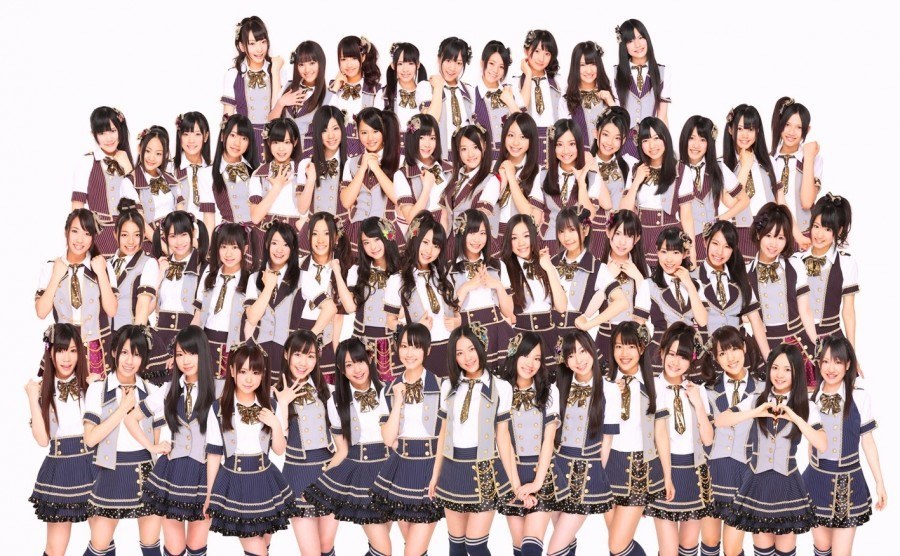Today, 11 February, marks National Foundation Day in Japan. The day is a celebration of when the first emperor, Jimmu, was crowned back in 660BC.

To celebrate Japan's Foundation Day, we're taking a look at the similarities and differences between two of Asia's most globally influential markets - those of K-pop and J-pop.
What are some of the similarities between K-pop and J-pop?
Both K-pop and J-pop use an idol system. Although Japanese and Korean idols are very different, the use of them in their respective music industries is similar.
Both K-pop and J-pop have influences of Western music in them, which helps to bring in an international fanbase. Both industries also have had waves of popularity in the West at different times.

Both K-pop and J-pop also feature a majority of groups that are either boy groups or girl groups, but rarely ever have co-ed groups.

What are some of the differences between K-pop and J-pop?
While the Japanese music industry is the second-largest in the world (with a market value of over $3 billion), the South Korean music industry is relatively small (with a market value around one-tenth the size of Japan's). This means that while Japanese artists, bands, and groups can focus on their own market, South Korean artists, bands, and groups need to try and gain international popularity.
The K-pop industry sources their singers and trainers from around the world, with some of the most famous idols coming from Australia, the United States, and Europe. In the J-pop industry, however, talent is locally sourced, rarely coming from outside Japan.
J-pop groups routinely replace members of their larger groups. New members audition, and older members leave through a process known as "graduation". In K-pop groups, members will usually only leave a group after a controversy, and are almost never replaced. While in J-pop groups such as AKB48 members being replaced in a common occurrence, the K-pop group Kara was an exception to the rule for the industry.
Are you also a fan of J-pop music as well? Let us know by commenting on our socials @KpopWise.

